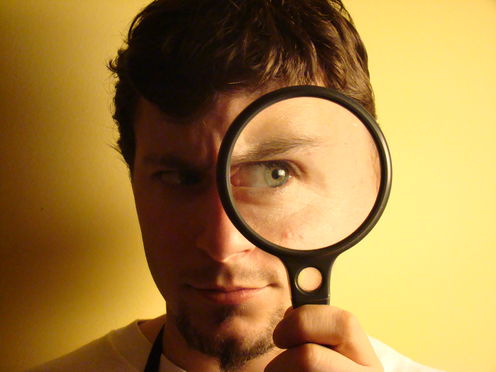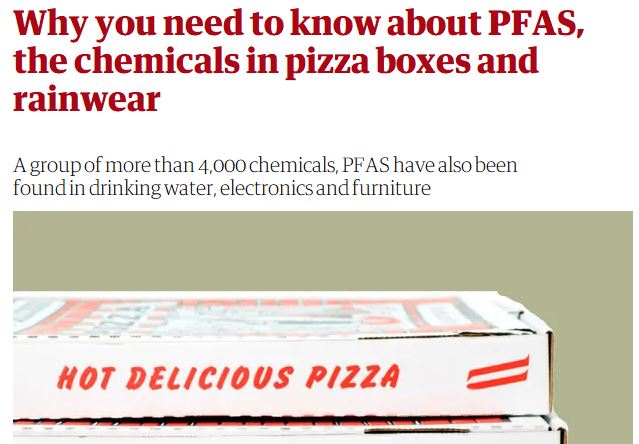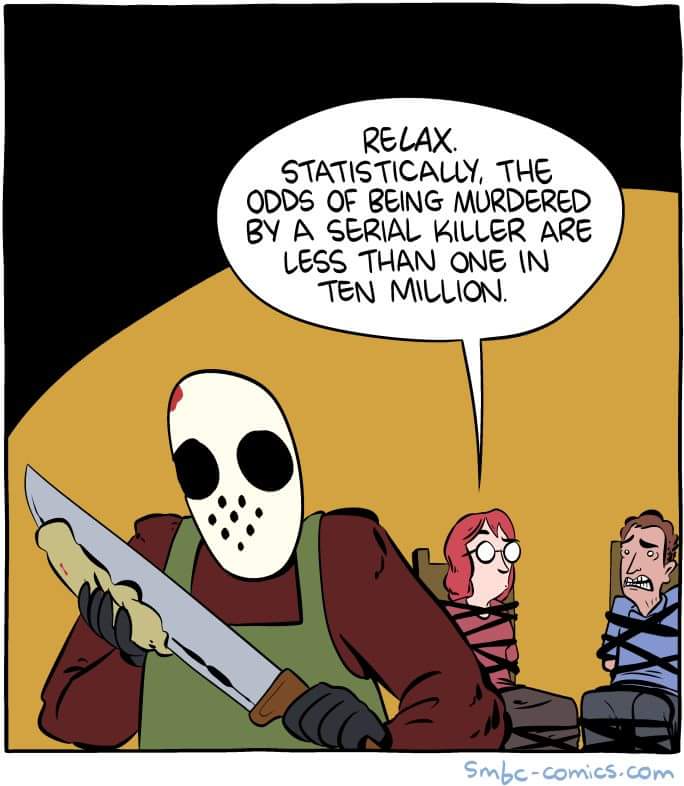But a scientist? That should be odd. Yet it isn't.
I didn't argue with him, life is too short to be the science nanny for everyone I know, but I had to wonder if somewhere out there a biologist had claimed that turning on the LHC would produce a black hole that might swallow earth. Probably, plenty of others who claimed to know science worried about just that a decade ago. I see scientists say all kinds of things that sound science-y but are flat-out wrong; methane from natural gas is worse than CO2, PM2.5 on air quality maps means pollution is worse than ever, organic food does not use pesticides, etc.
It may be even more common than we realize for people to promote false claims about science they don't know much about because they identify as fans of science. New social psychology results say that people who claim they trust science more are also more likely to promote pseudoscience.(1) The COVID-19 pandemic should have increased trust in science a lot and it certainly looked that way at first. People were again buying chemicals that work rather than goop claiming to be eco-friendly, even residents of California flipped from being America's hotbed of vaccine denial and distrust in real medicine to claiming that not wearing a mask should be cause for jail time.

Yet the pandemic didn't really increase trust. Distrust just changed to match the weapons needed for the latest political attacks. Suddenly Republicans, whose states led in acceptance of MMR vaccines in 2019, said they didn't trust vaccines while Democrats suddenly claimed they did, but still insisted everyone had to wear a mask, because apparently they trust vaccines but don't believe they work.
Trappings of science
If an article on acupuncture or astrology or ghosts appears in the New York Times, that doesn't make it science, but it sure lends an air of scientific legitimacy to the political demographic that believes everything they read in the paper. NYT is not wrong for publishing that stuff, left-wing people are far more likely to believe in it and want to read about it, nor do I think they have a responsibility to anyone except their customers - who are advertisers, not the public, no matter what journalists like to pretend.
That is why alternative medicine hucksters, naturopaths, homeopaths, raw milk zealots, and other purveyors of woo all adopt the trappings of science.
Yet people who take on the mantle of science accepter and defender should have a higher standard for critical thinking and not be filtering through their confirmation bias. Yet they do. A short while ago a survey showed that skeptics of climate change used more scientific reasoning and had more awareness of the flaws in models than overt believers. That makes sense, in the same way that if we take a hard-core atheist and a casual religious person and quiz them on the Bible we know who will score the best.
The new paper was about the other big science denial, GMOs, and SARS-CoV-2, which is is so beset by denial and disinformation, conflicting claims by epidemiologists, and a firehose of science papers it is surprising everyone isn't confused outside the 'I trust in whatever someone said to trust' contingent. In four online experiments with almost 2,000 people, they created two stories, one about a virus created as a bioweapon and one about GMO food and cancer. In one version, the sources were activists and in the other, scientific experts. People were randomly assigned to read each.
Even though the stories were obviously false, people who claimed they trusted science more were more likely to believe the false stories claiming scientific content and more likely to share them.

What does that mean? Just like some science deniers adapt what I call 'a veil of sincere skepticism', science has its own people who pretend to accept science as a tool to promote their cultural beliefs, like politics. They are the Party of Science and the other side is stupid. So if the story sounds like it appeals to their political tribe, The Science Is Settled. GMOs cause cancer for one party and for the other a Chines scientists in Wuhan played The Division and decided to make the capitalist pigs pay for their crimes.
That is not to say overt cynicism about science is correct. Activists claiming all Big Pharma is corrupt, energy scientists are shills, and agricultural experts are stupid don't help anyone by being "useful idiots" for competitors of those products. but neither is fawning belief based on the outlet it appears in.

Though appearing in The Guardian is likely to mean the article is epidemiological garbage.
Healthy skeptics know that epidemiologists can help inform how disease might spread but that epidemiologists also claim bacon and weedkillers cause cancer, because it is just statistical correlation(2), and we can link anything to anything if we try.
People who wrap themselves in the flag of science can have an agenda like anyone else, and that means it is important that we encourage critical thinking, and not just shouting down everyone, including those who ask honest, legitimate questions.
NOTE:
(1) These new results are from social psychologists, who are undermined by their own pseudoscience trappings. If you have ever seen corporate media articles claiming liberals have prettier daughters, meat eaters are anti-social, you evolved to like a car grill, and too many woo articles to count based on surveys of psychology undergraduate students, that was probably social psychology.
(2) Epidemiologists with an agenda are easy to spot; they tout absolute rather than relative risk. So Harvard School of Public Health can claim some food will make you live forever and Fred vom Saal can claim a drop of some chemical in 160 Olympic swimming pools will make your kid less intelligent, and they both wrap themselves in the flag of science, but neither are doing science the way the public wants it done.
Obviously relative risk can be important, like here.





Comments